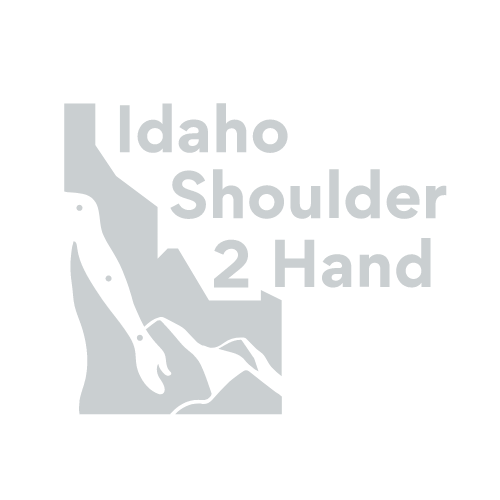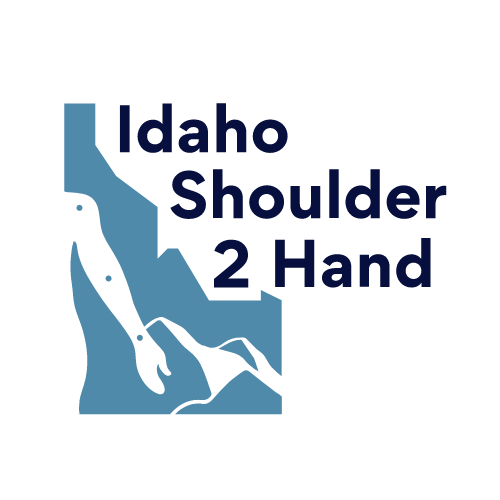How to Tell If You’ve Ruptured Your Bicep Tendon and What to Do
Biceps. They are a part of the body that humans like to work on when it comes to lifting weights.
However, not everybody manages their bicep tendon properly. Sometimes, this leads to a bicep tendon tear.
If you think you have this injury or any other injury to your body, you should see a doctor immediately. In the United States, there are about 900 million visits per year.
So, how do you know if you have a bicep tendon rupture? This is your guide.
Popping Sound
If you think there is something wrong with your bicep tendon, something you should look out for is if you hear a popping sound. When you have a rupture, there is a good chance that your bicep tendon could tear when it makes this popping sound.
So, if this happens to you, that should be a sign that you should seek medical treatment immediately and get it checked out.
Arm Pain
Next, if you have a tear in your bicep tendon, you are likely to notice some pain in your arm. This is your body telling you that something is wrong.
If the pain is in your upper arm along with the symptom above, then you have to consider the possibility of this being a result of your bicep tendon tearing. Make sure you note what part of the body this is happening in if you experience this type of pain.
Arm Weakness
Another thing that you should look out for is if you are feeling weakness in your arm. If you have just finished a workout, you may think that your arm feels weaker simply because you lifted weights.
While that is possible, an injury to your bicep tendon can take this a step further. For example, you may find yourself having limited mobility in the arm that is injured.
Having a bicep tendon tear can make certain things difficult, such as rotating your arm or hand. If you suspect you have this injury, see if you are able to do this along with lifting heavier objects.
Visible Bruises
Check out your upper arm and see if there are any visible bruises on it. While bruises by themselves do not mean you have a bicep tendon injury, they may help support the claim if you are already seeing the signs above.
This is especially the case if you do not remember hitting your arm on anything. Make sure that you do not ignore this.
Go to a Specialist for Your Bicep Tendon Injury
So, you may be wondering what you can do about your bicep tendon injury if any of these signs apply to you. Well, the best answer is to go see a specialist.
They can help diagnose your injury and then help give you a pathway to the medical treatment that you need for this injury.
Are you ready to get started? Make an appointment with us today.


